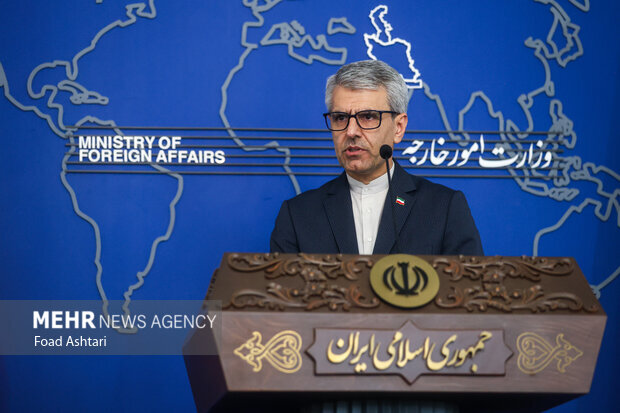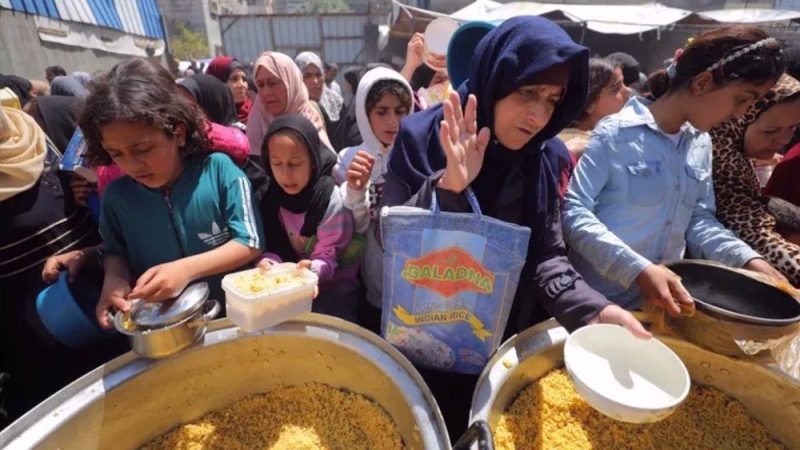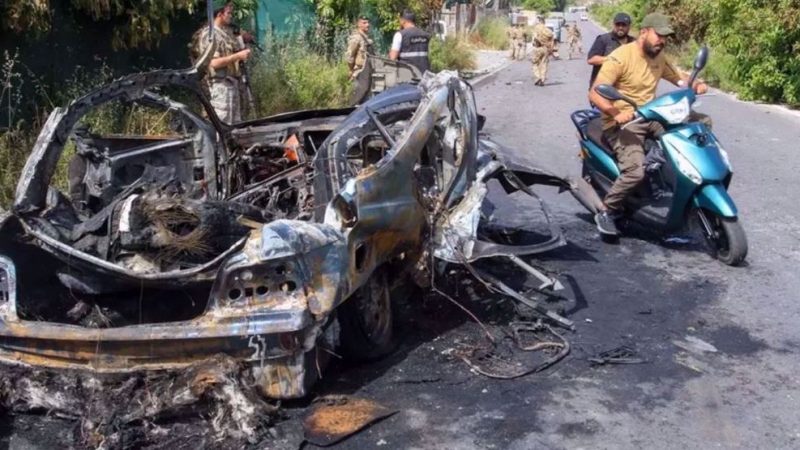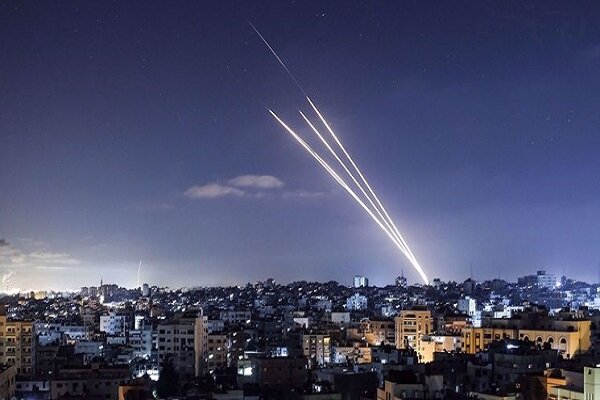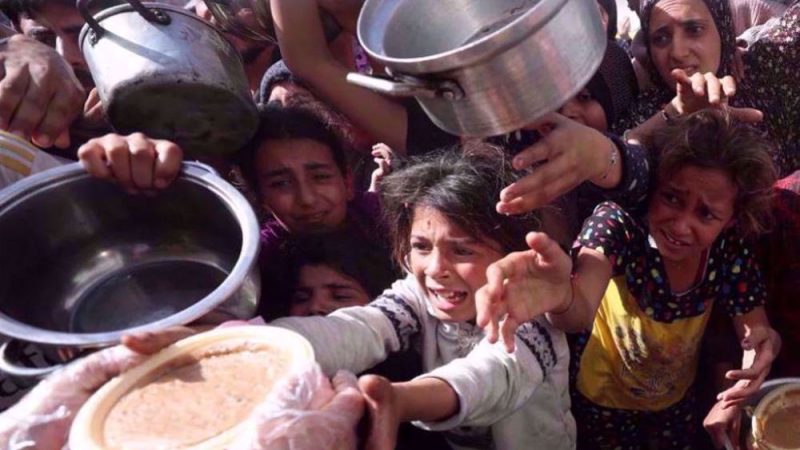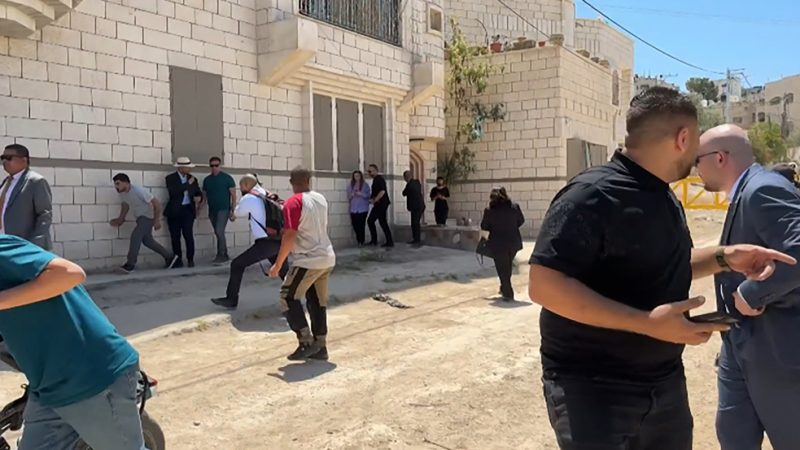Israel kills one woman every hour in Gaza: UN agency
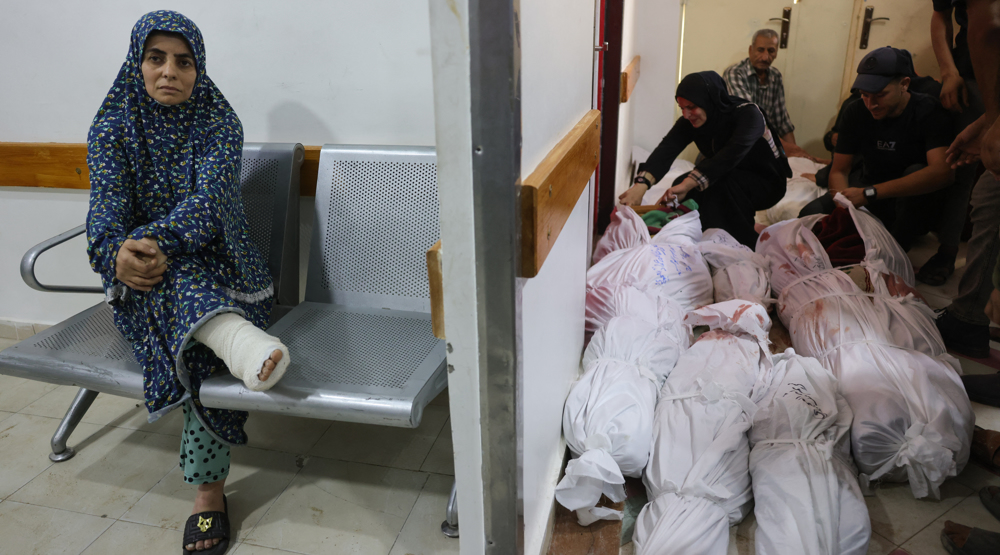
Israeli forces have killed over 28,000 women and girls in Gaza since October 2023, according to UN Women.
The staggering toll amounts to one woman or girl killed every hour over the course of the devastating war, which has now entered its 20th month.
In its report, the UN agency said the figure includes thousands of mothers, leaving behind children, families, and communities shattered by grief.
The death toll accounts for both confirmed fatalities and “excess deaths”—those likely uncounted due to the collapse of Gaza’s health and reporting systems.
UN Women said its estimates were based on a February 2025 analysis published in The Lancet, which indicated that fatalities in Gaza may have been underreported by about 41 percent.
The agency reiterated its call for an immediate ceasefire, the restoration of unhindered humanitarian access, and the unconditional release of all captives and those arbitrarily detained by Israel.
“Countless lives hang in the balance,” UN Women warned.
Since Israel broke a two-month ceasefire in March 18, conditions in Gaza have further deteriorated, compounded by nearly nine weeks of a continued blockade on humanitarian aid. The entire population is rapidly running out of food and basic necessities, with famine increasingly likely.
This means every woman and girl—over one million people—is now facing catastrophic levels of hunger, UN women said.
According to the report, the women are trapped in a worsening crisis marked by displacement, rising maternal mortality, and a severe lack of safety and protection.
UN Women also raised alarm over its limited ability to support women-led civil society groups in Gaza, saying that ongoing restrictions on access, chronic underfunding, and lack of essential resources have severely hindered their operations.
These organizations, often critical in delivering aid, providing protection, and advocating for women’s rights, are now struggling to function amid Israel’s continued bombardment, blockade, and restrictions on humanitarian access, which have left them cut off from resources and international support.

